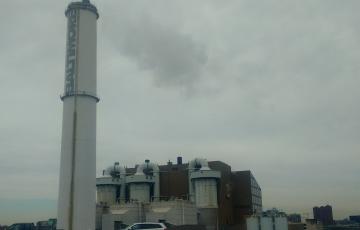blog
Testimony for the Baltimore City Payment in Lieu of Taxes Task Force
This morning, the Baltimore City Council is holding a hearing on Council Bill 25-0036, legislation to create a Baltimore City Payment in Lieu of Taxes Task Force. As Baltimore considers next year's budget and grapples with significant funding shortfalls, we need large institutions in the City to pay their fair share. Read our testimony and learn more about the bill:


